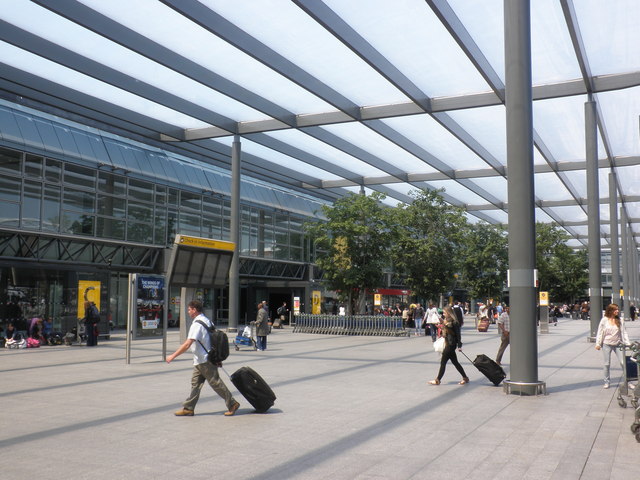According to an article published in the Guardian on Tuesday, Heathrow and a number of other British airports will soon be implementing “fast-track” passport lanes for wealthy travellers. Heathrow had a lot of queueing problems leading up to the Olympics, and airport executives, along with UK Border officials, are concerned about losing “high-value” customers to the long lines.
Brian Moore, the departing head of the UK Border Force, explained to members of Parliament that the fast-track policy would cover people who are valuable to the economy and valuable to the airlines. According to Moore, this policy is intended to demonstrate that Britain is “open for business.”
Apparently similar policies are employed in other countries for first-class ticket holders and other frequent business-class flyers. However, the Border Agency didn’t offer much on the proposed process for selecting who exactly will receive the fast-track benefits.
As one would imagine, there is a significant amount of controversy surrounding this decision, as many feel that the plan is alienating and unfair to “regular” passengers. But with airport budgets tight as it is, adding more staff seems unlikely. So if the airports have the proper queueing equipment, and adding staff is out of the question, is there another way around this, aside from making every passenger wait?
We asked this question to Justin Schoen, one of our crowd engineers who specializes in major sporting venues, airports, and other transportation centers, and this is what he had to say:
Crowd Control is about maintaining order among groups of people. When crowds gather, natural emotions like anxiety, frustration, and in some cases, chaos, are created. In a situation like that of London’s Heathrow airport, where more staff is not an option, segregating passengers could lead to even more “crowd sensitivity.”
The fact that the privileged travelers have this advantage might exacerbate the frustration of long queueing times for the “have-nots.” The frustration experienced by the “have-not” queue could carry over to longer processing times, and actually increase the airport’s problem.
If there has to be a “privileged traveller queue,” my recommendation would be that it not be on display in front of the ”regular” queue.
It seems this may be the only plausible move for the London airports from a revenue standpoint. The fact remains, however, that this will probably offend some in the regular queue, and it seems Mr. Schoen’s suggestion to separate the queues could be beneficial both for the airport’s reputation, and for those waiting in either queue.

